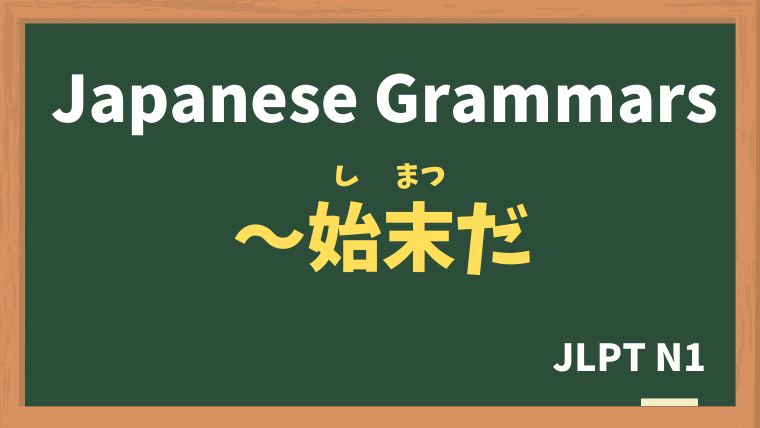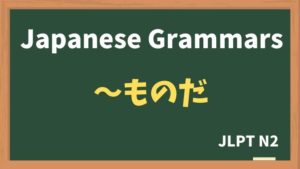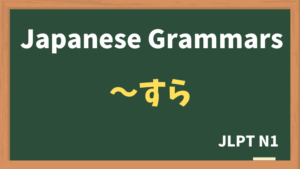
Explanation:〜始末だ
fa-check-circleMeaning
"〜と言う悪い結果になった"
Used to describe a negative outcome or situation that has resulted from a series of unfortunate or undesirable events. It implies that things have progressively worsened, eventually leading to a bad conclusion. It often conveys a sense of resignation or frustration and can be translated as "to end up" or "to result in" in English.
fa-check-circleForm
V(dictionary form)+ (という)始末だ
fa-check-circlePoints
- Negative Progression: "〜始末だ" highlights that a situation has gradually deteriorated and has led to a negative outcome.
- Final State: It is used to describe the final, unfortunate result after a series of events or actions.
- Expressing Frustration/Resignation: The expression often carries a tone of disappointment, frustration, or resignation regarding how things turned out.
fa-check-circleJLPT Level
N1
Sample sentenes
私は何もやってないのに、犯人だと疑われ、逮捕されるという始末だ。
Even though I didn’t do anything, I ended up being suspected as the culprit and getting arrested.
トムさんに何度も注意しているのに、今日もまた宿題を忘れるという始末だ。
Even though I've warned Tom many times, he still ended up forgetting his homework again today.
レポートの提出期限を延ばしてあげたのに、誰も提出してこないという始末だ。
Even though I extended the deadline for the report, no one ended up submitting it.
ジェシカさんはちょっと注意しただけで、すぐに泣き出す始末だ。
Jessica ends up crying immediately, even if I just give her a slight warning.
マイケルさんは学校にきたと思ったら、教科書も出さずに眠り始める始末だ。
Michael, as soon as he arrives at school, ends up sleeping without even taking out his textbooks.
Vocabulary
| Japanese |
English | |
| 疑う | うたがう | to doubt |
| 逮捕する | たいほする | to arrest |






